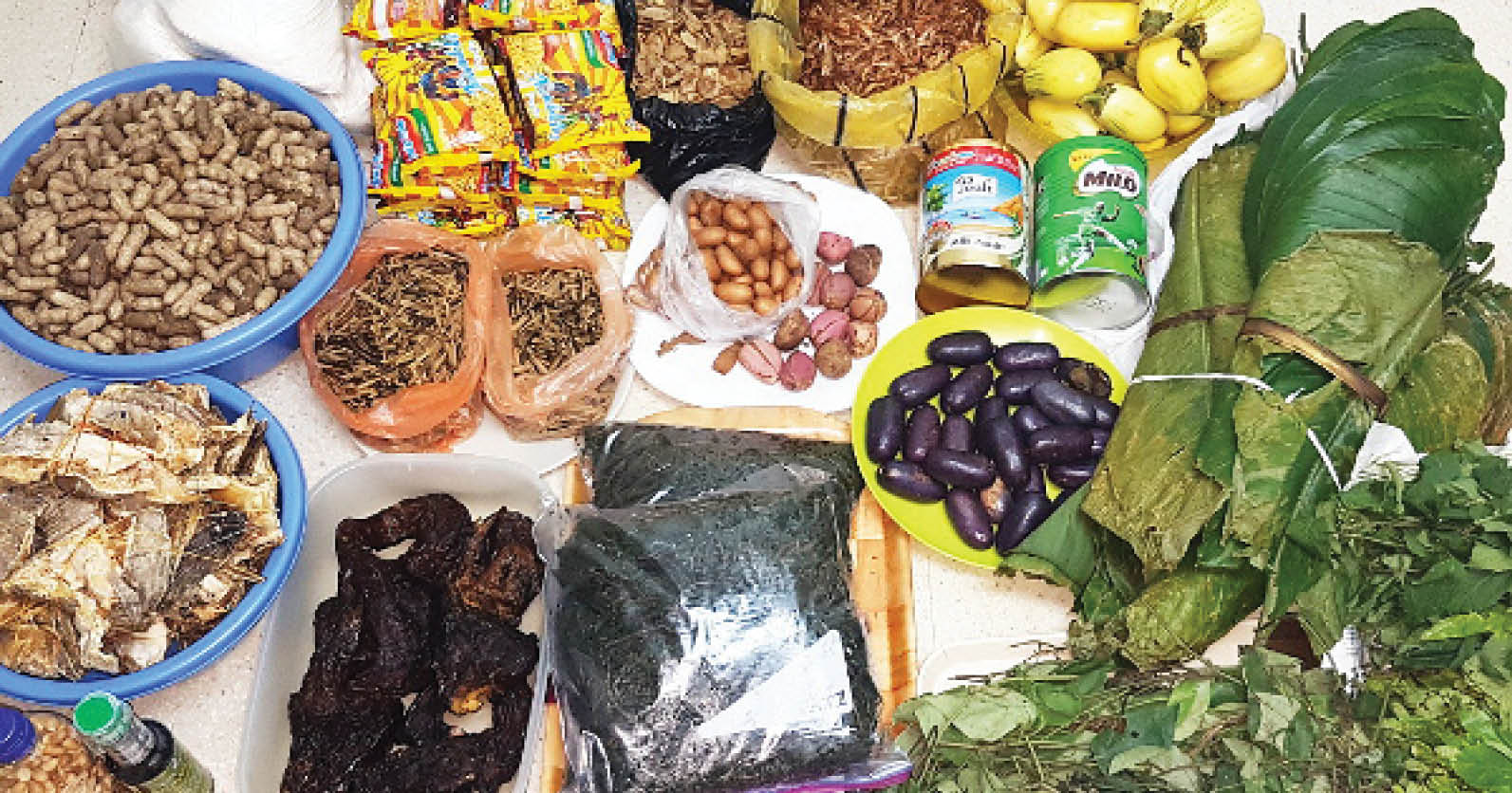
The Nigeria Youth Forum (NYF) has raised the alarm over worsening food insecurity in the country, attributing the crisis to systemic corruption, diversion of agricultural machinery, weak budgetary commitment, and poor oversight of key interventions.
In a statement issued on Monday in Kaduna, the national president of the group, Comrade Toriah Olajide Filani, expressed dismay that Nigeria, with over 84 million hectares of arable land, continues to depend heavily on food imports and international aid—a development he described as “a national tragedy and policy failure.”
The group noted that despite government announcements on the procurement and importation of agricultural equipment, many of the items end up diverted for private gain, thereby denying genuine farmers the tools needed to boost productivity.
He added that only 35 percent of Nigeria’s cultivable land is currently in use, and largely by smallholder farmers operating at subsistence level without access to modern tools or support services.
“Government may be trying on paper, but the reality is different in the fields. Agricultural machineries meant for community use are being diverted by individuals and sold off. These acts sabotage every effort aimed at achieving food sufficiency,” Filani said.
Filani also decried the persistent underfunding of the agricultural sector, revealing that Nigeria allocated just 1.32 percent of its 2024 national budget to agriculture. He said this figure falls far below the 10 percent benchmark recommended by the African Union under the Maputo and Malabo Declarations.
However, in what appears to be a shift in policy direction, the federal government increased its 2025 agriculture budget to ₦826 billion, up from ₦362 billion in 2024—a 128 percent increase within one year.
While NYF acknowledged the significant rise, Filani emphasized that mere allocation is not enough without effective implementation, transparency, and impact measurement.
“What we have is a pattern of underinvestment, where only 15 to 19 percent of what is budgeted ends up reaching the sector. The rest is either lost to bureaucratic bottlenecks or corruption. This is why, despite billions spent on programmes like the Anchor Borrowers’ Scheme and the National Agricultural Technology and Innovation Policy (NATIP), the food situation is still dire,” he said.
According to him, the level of investment in agriculture is not commensurate with the sector’s strategic role in addressing youth unemployment, boosting GDP, and tackling rural insecurity.
The NYF observed that states with long-standing investments in agricultural infrastructure and mechanised farming, such as Kano, have reported fewer incidences of rural insecurity compared to other regions battling insurgency and banditry.
In Kano, Filani said, farming activities are consistent because of dam projects initiated by Audu Bako lead administrations, as he explained that where young people are engaged in farming, they are less likely to become involved in criminal activity.
He further lamented that the slow pace of agricultural reform is stalling broader economic progress. “We cannot industrialize Nigeria until we develop the agricultural sector, as well as our metal industries. The process of industrialization is being delayed because we have failed to lay the right foundation through a solid and self-sufficient agro-economic base,” he stated.
He called on government at all levels to see agriculture not just as an economic priority but as a vital component of national security.
To reverse the trend, the youth forum called on President Bola Ahmed Tinubu to declare a national agricultural emergency, urging the president to unveil a comprehensive agricultural revival plan that is youth-focused, innovation-driven, and measurable.
As part of the proposal, the NYF recommended the formation of youth-led agricultural cooperatives across the country. It also called for the expansion of mechanised farming schemes to boost productivity and reduce manual labour constraints faced by rural farmers.
Filani further stressed the need for a productivity benchmark to be established for each state, to ensure that progress is not only tracked but publicly known. In addition, he called for the creation of a transparent and accessible public dashboard to monitor the delivery of agricultural projects and the implementation of budgetary allocations in real time.
Citing data from the Food and Agriculture Organisation (FAO) and the National Bureau of Statistics (NBS), the group warned that over 25 million Nigerians could face acute food insecurity in the near future if urgent steps are not taken.
Nigeria was ranked 103rd out of 121 countries in the 2023 Global Hunger Index, a damning indictment of the country’s inability to harness its natural agricultural advantage.
“Until we begin to measure impact and enforce accountability, agricultural reforms will remain televised propaganda without grassroots results. Nigeria should be the food basket of Africa, not a nation of hungry people sitting on fertile soil,” Filani added.
The forum warned that failure to act decisively could deepen poverty and insecurity while stifling the nation’s economic growth, industrial capacity, and global competitiveness.





